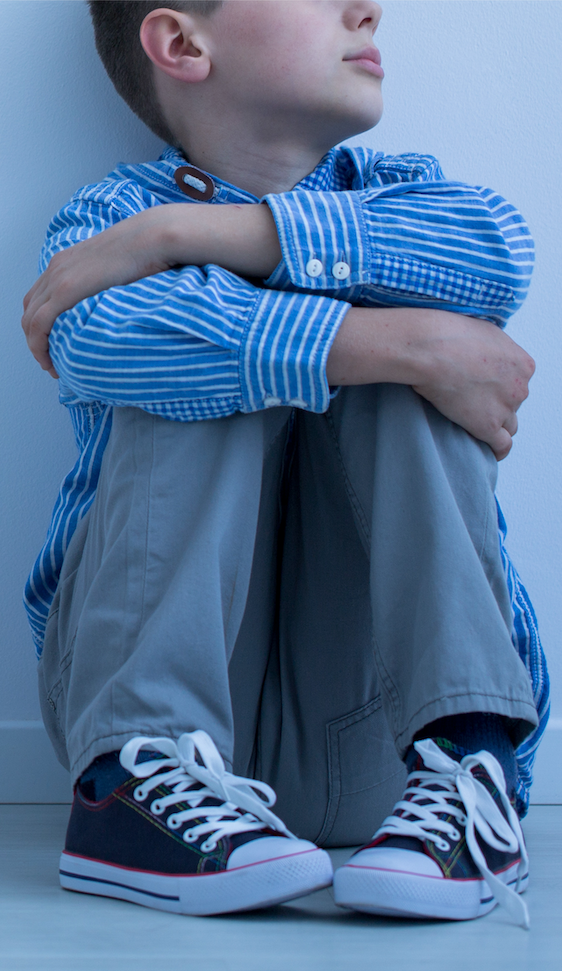About
Today there are 440,000 children in foster care and the reason most children end up in foster care is because they’ve been taken from their birth parents due to abuse, neglect or both parents have died. Some foster children will be adopted or find a long-term home with a loving family but other foster children will either end up in a group home under the care of a paid social worker or be shuffled from one family to another -- often changing foster families five, six, or even seven times or more over a five-year period.
Many foster children are made fun of in school and have trouble making friends because they are foster children. They are often teased because their foster parents are poor and can’t afford to buy them the latest style clothing. And many foster children are never given the opportunity to participate in school activities, play sports, or attend school dances.
On their 18th birthday many foster children are pushed out of foster care and they’re on their own to make their way in the world. It would be hard enough for a child who had the best family upbringing to be 100% on their own at age 18, But for foster children it can be a recipe for disaster.
Over 40% of children who graduate from foster care will spend at least some time being homeless because they don’t have a job or the money to rent an apartment or room. 20% of foster children who are released from foster care will be arrested — often for shoplifting to get money for food.
Sadly, an alarming percentage of foster children who are on their own after foster care become so discouraged, they commit suicide. But over the years experts have identified two solutions that really work to solve these problems:
1.) It’s been shown time and again that foster children have the best chance of succeeding when they have a long-term relationship with adults – outside of their relationship with their foster parents — adults who can offer advise on life skills like succeeding in school or sports, budgeting money, or career counseling . That’s why we here at National Fund for Foster Care work to connect foster children with mentors to help these kids successfully navigate their way from childhood to their teen years and onto to adulthood.
2.) Being a foster parent can be very challenging. Often the children they take into their home need special care and counseling due to the abuse or neglect that caused them to be placed in foster care to begin with. It’s been shown when foster families receive support, they can do a much better job as foster parents . NFFC works to recruit “foster family helpers” by recruiting civic groups, local PTA’s , women’s clubs, or business associations to to adopt a foster family Church or group members can pitch in and provide mentorship services, give foster parents a break by taking their foster children to an amusement park or for an afternoon fishing.
Not everyone can be a foster parent, but we all have something we can offer:
1.) Support National Fund for Foster Children (NFFC) programs by donating today.
2.) Contact us for more information about serving as a volunteer mentor to a foster child.
3.) If just one family in 3% of all the churches or civic groups in the US took in a foster child and the rest of the church or organizational members provided support to the family, we could end the foster care crisis in America. So, urge your church or civic organization to get involved.

